Townhall Times | Special Report
Serious concerns are being raised in Bihar over the Incentive-Based Special Intensive Revision (SIR) being conducted by the Election Commission of India. Opposition parties, civil society, and several social organizations fear that this process is turning into a covert form of NRC, aimed at mass disenfranchisement.
The primary concern stems from the fact that the Election Commission has rejected Aadhaar, Voter ID, and Ration Card as valid documents for voter verification — instead insisting on passports. But here lies the irony: less than 7% of Indians have a passport, and even those were issued based on the same documents now deemed invalid.
This move is not just an attack on voting rights, but also raises serious questions about the impartiality of the Election Commission. The opposition alleges that the Commission is now functioning as a tool of the Bharatiya Janata Party (BJP), which aims to subjugate all constitutional institutions and use them to advance its political agenda.
What Does the Constitution Say?
Articles 324 to 329 of the Indian Constitution clearly lay out the framework for free and fair elections:
-
Article 324 provides for the appointment of an independent and autonomous Election Commission.
-
Article 325 prohibits exclusion from electoral rolls based on religion, race, caste, or sex.
-
Article 326 guarantees voting rights to every citizen aged 18 or above, unless disqualified by law.
Additionally, the Representation of the People Acts of 1950 and 1951 ensure that every Indian citizen has the right to vote, except those disqualified under the law or incarcerated.
Under Section 19 of the 1950 Act, a person must be an ordinary resident of the concerned constituency to be enrolled. However, the current process in Bihar demands residence proof and other documents in a manner that contradicts the spirit of the Constitution.
Is the Right to Vote a Fundamental Right?
In the 2006 case of Kuldeep Nayar vs Union of India, the Supreme Court ruled that voting is a constitutional right, not a fundamental one. However, this does not give the State or the Election Commission arbitrary powers to deny this right without due cause.
In its affidavit, the Election Commission has claimed that SIR is merely intended to “cleanse the electoral rolls.” But in reality, the implementation of SIR is far from transparent. Large sections of the population — particularly the poor, Dalits, Muslims, and Adivasis — are being disqualified on technical grounds.
Citizenship vs Voting Rights
It is clear that being an Indian citizen is a prerequisite for voting, but not all citizens are automatically voters. One must register and provide documents to get on the rolls. However, if those very documents are now being labeled “invalid” or “inadequate”, this becomes a bureaucratic tool to deny legitimate rights.
Opposition parties and rights groups argue that this is a systematic plan — similar to the voter list purges seen in Maharashtra, Gujarat, and Uttar Pradesh — now being replicated in Bihar.
The Election Commission’s role is not just to conduct elections, but to ensure every eligible citizen can vote without discrimination. If the Commission itself initiates actions that disenfranchise entire communities, it is not just an attack on voting rights — it is an assault on the very foundation of Indian democracy.
Townhall Times stands firm in its commitment to truth and public interest. This issue demands immediate public scrutiny and judicial intervention — before it’s too late.
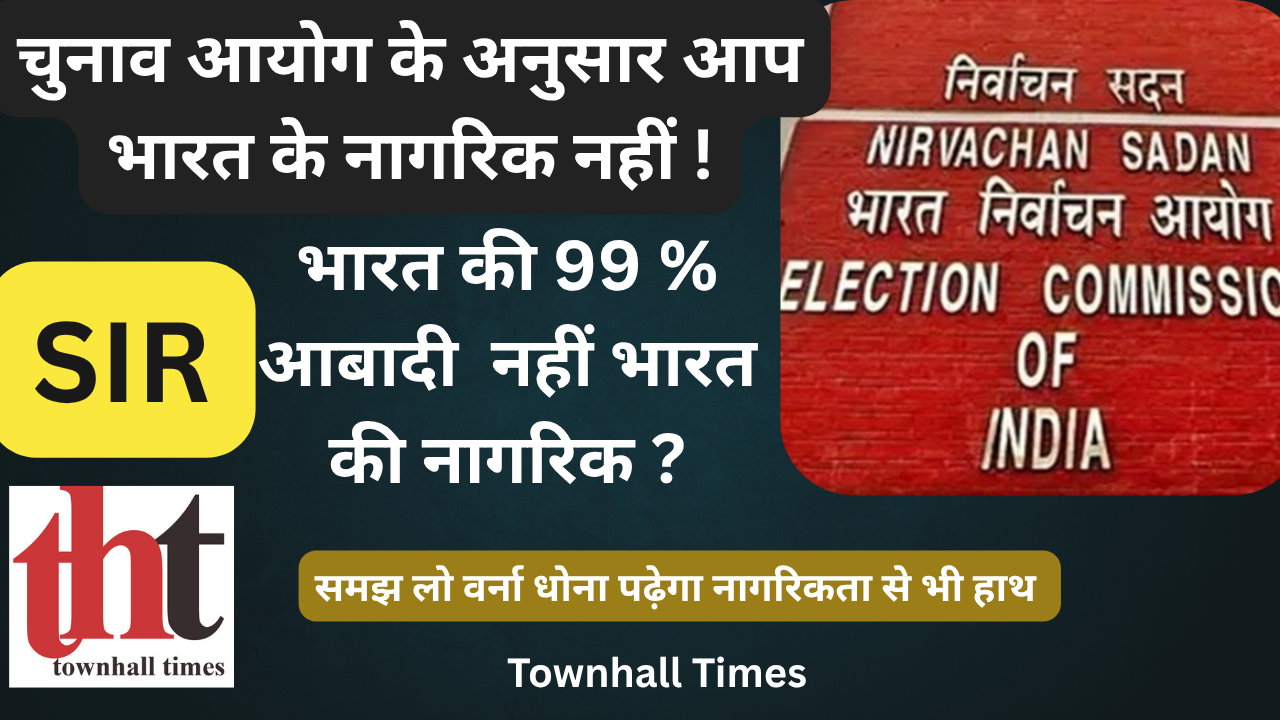
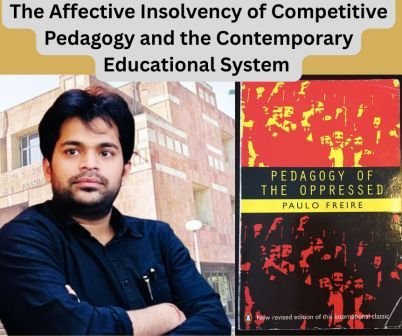

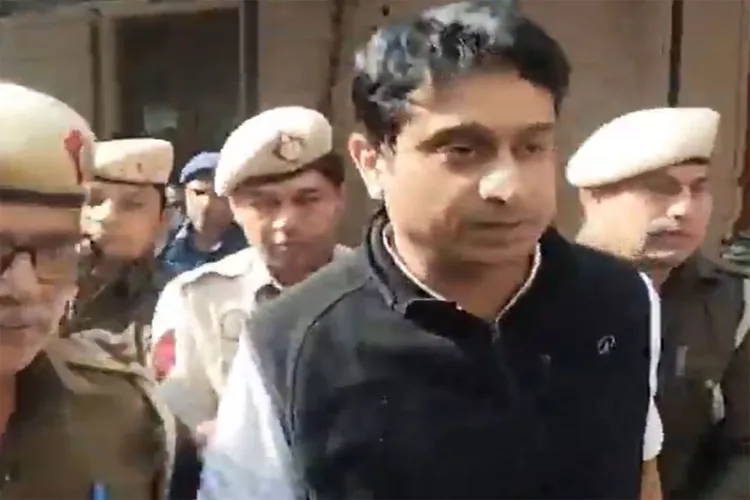
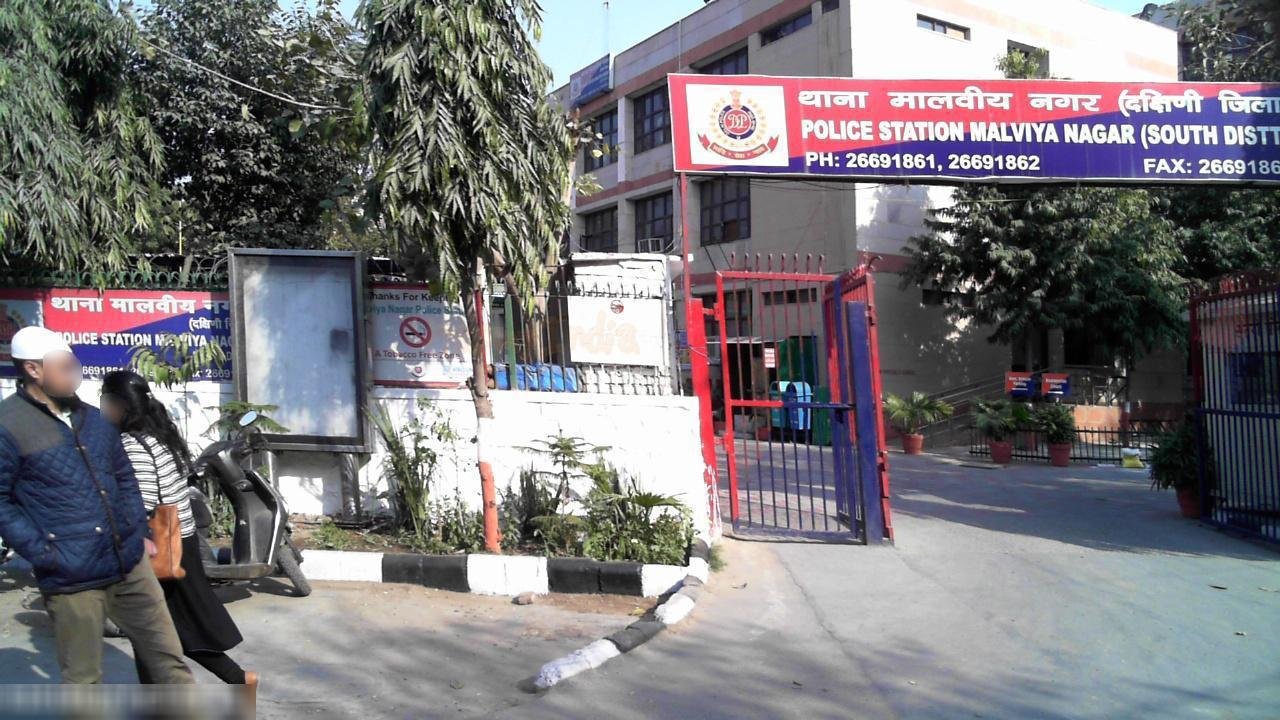

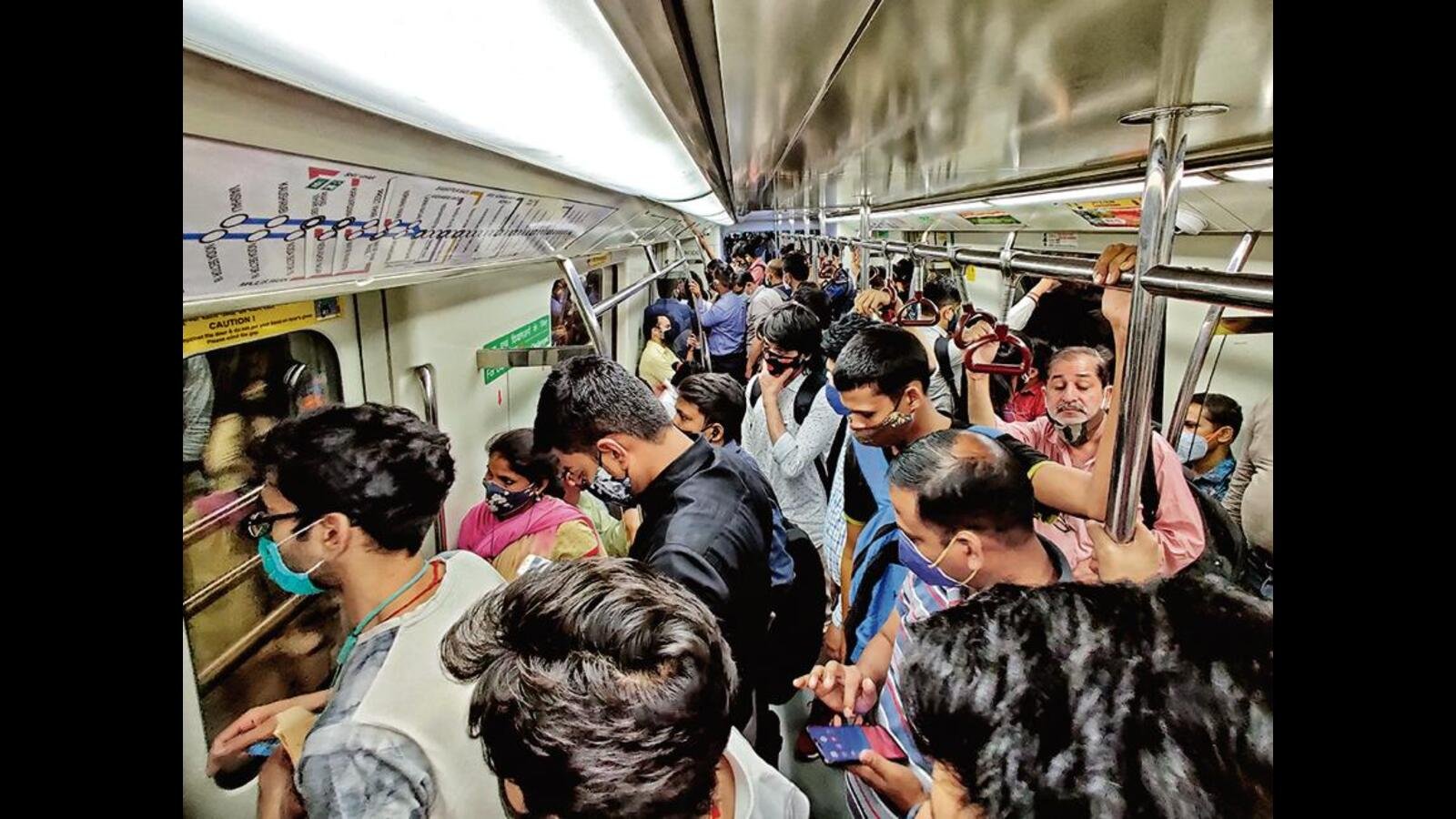
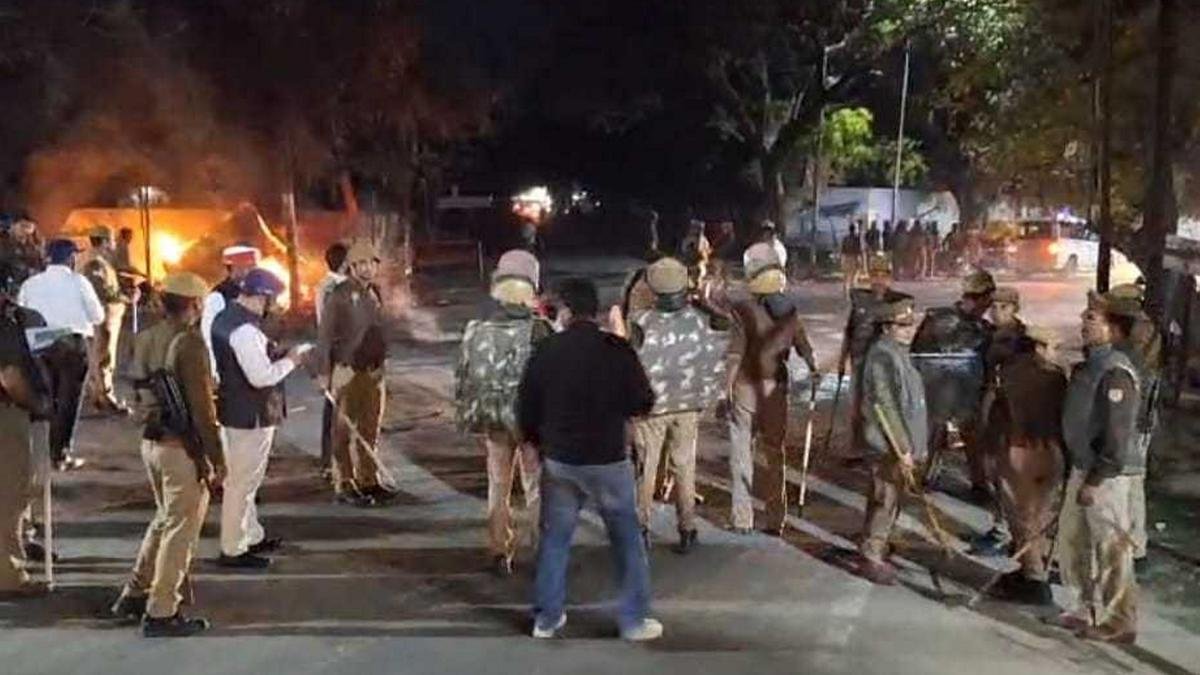
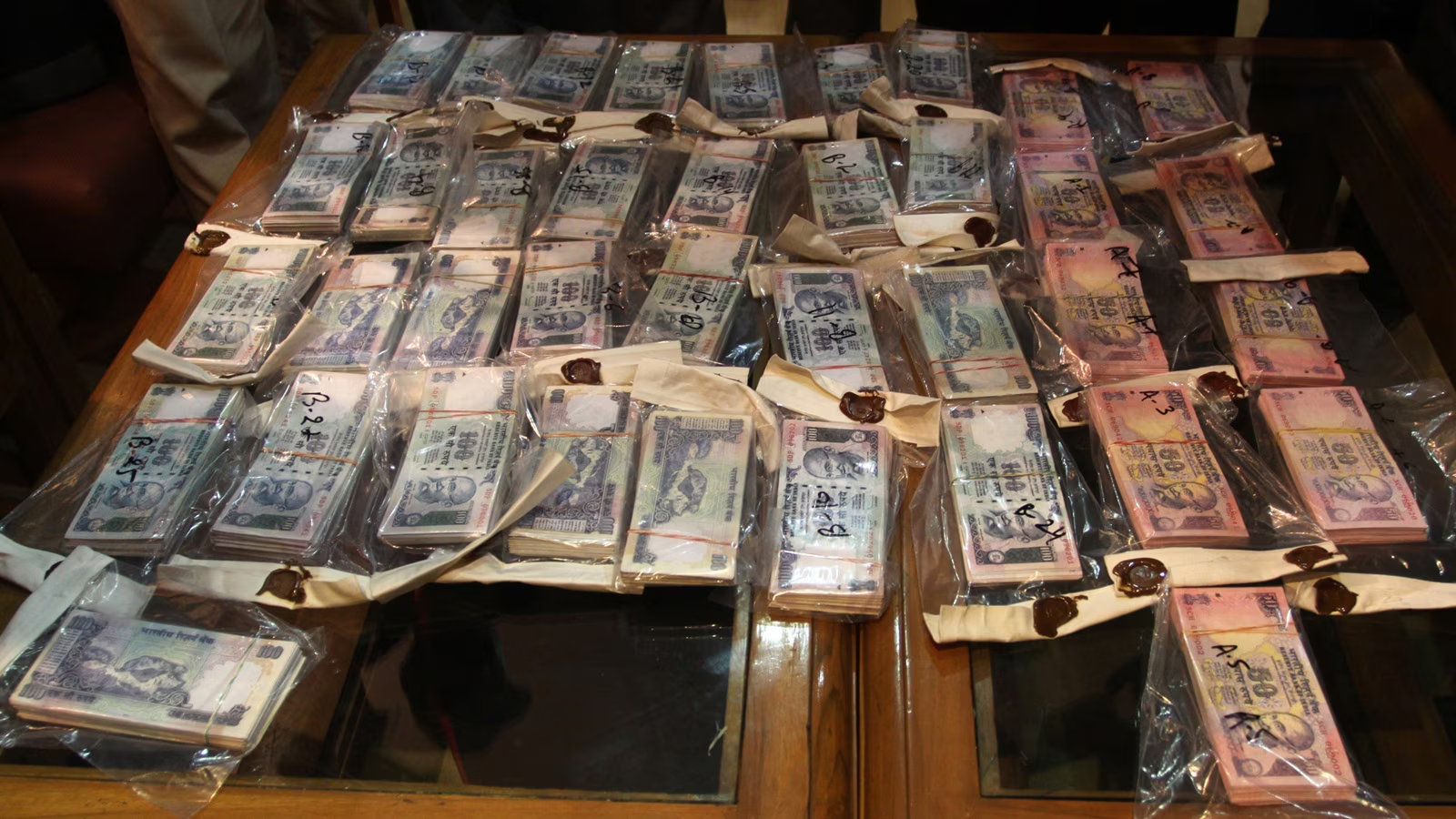
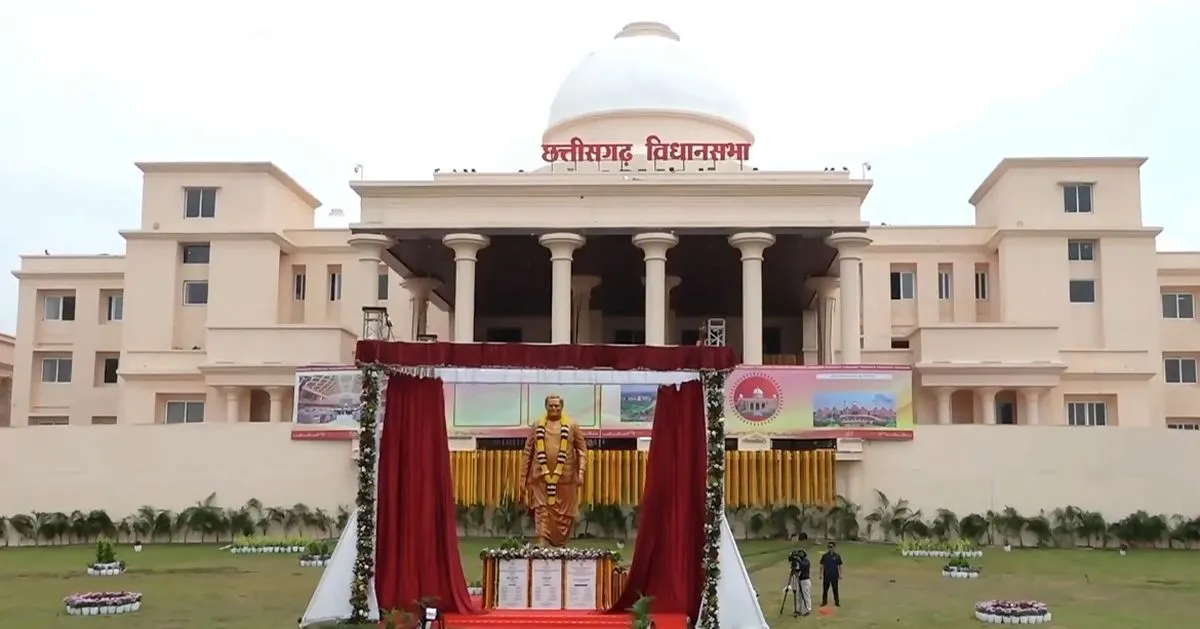
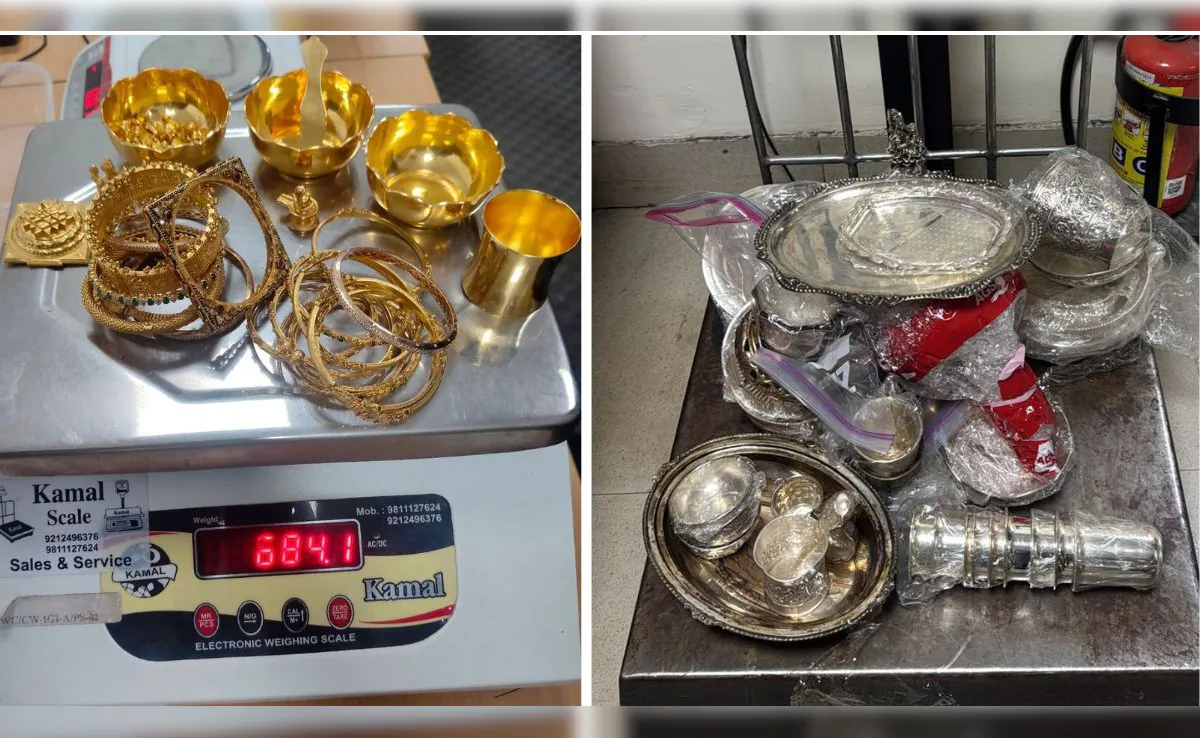

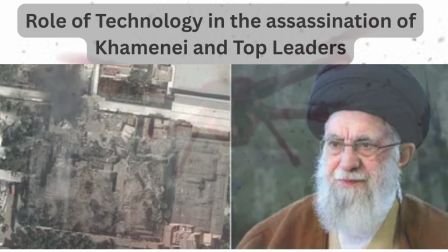
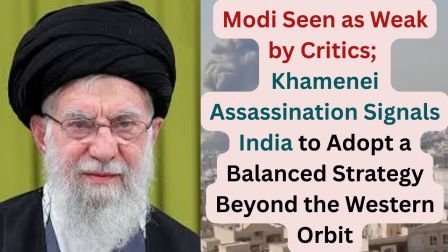
Leave a Reply